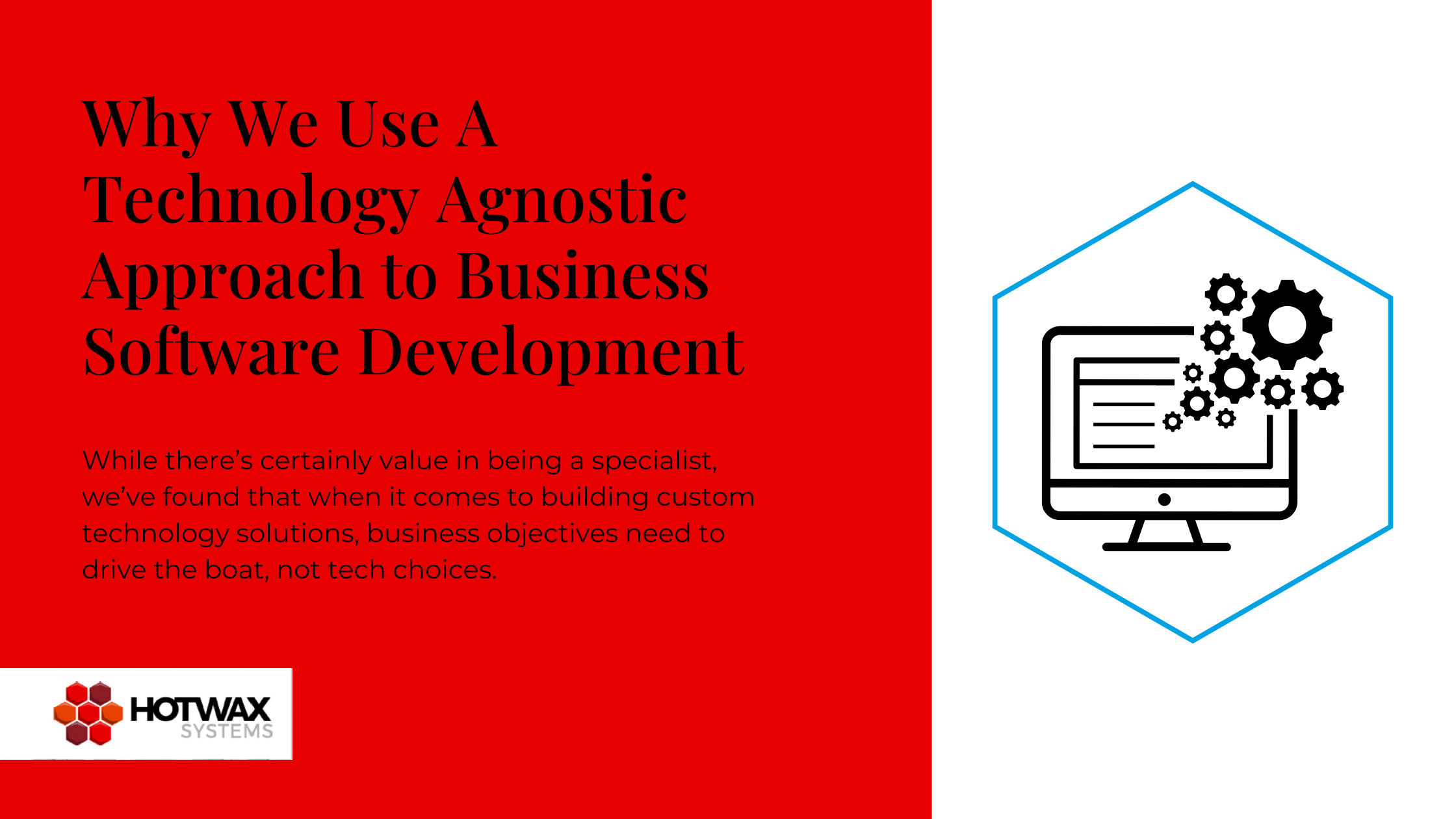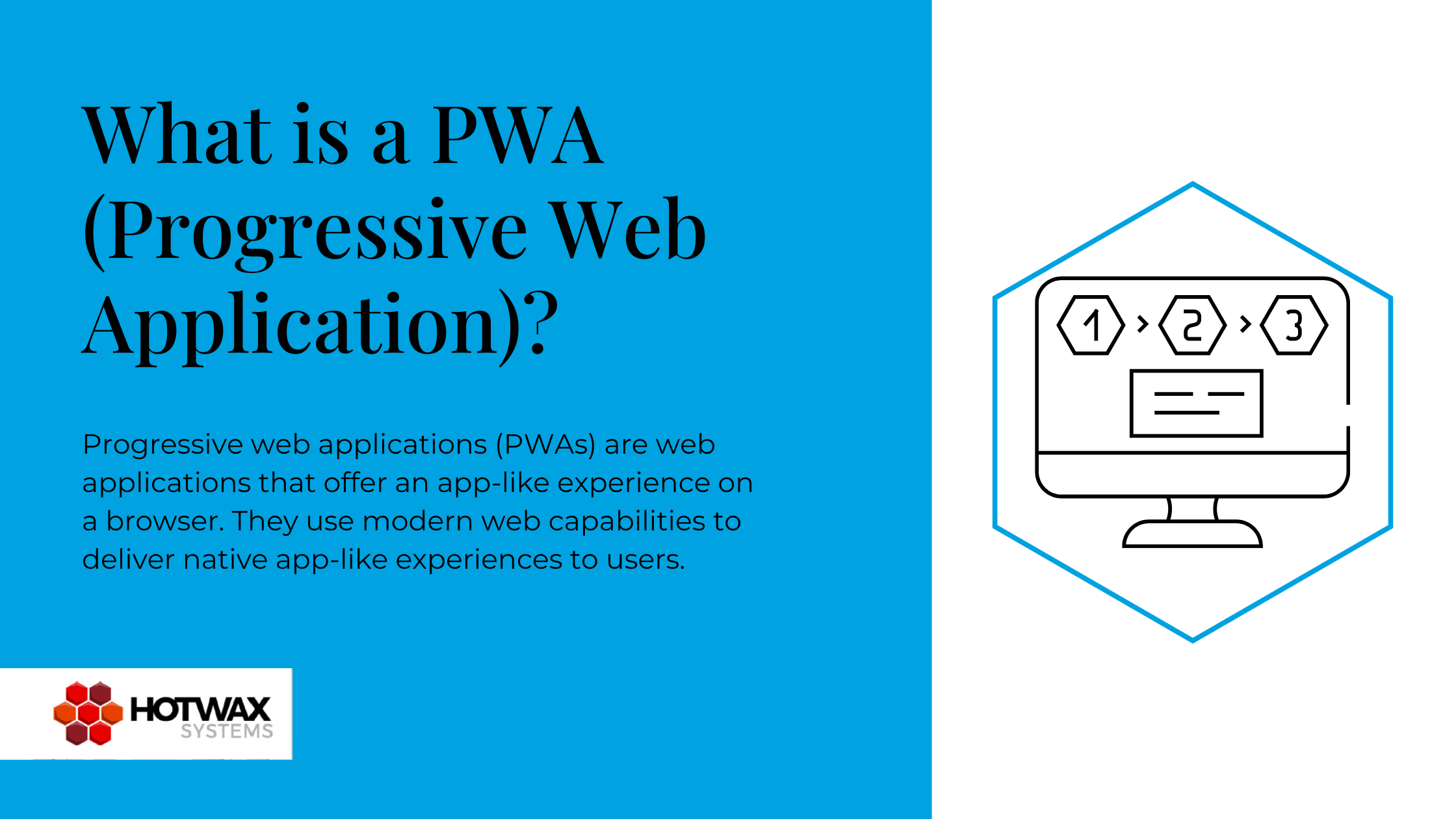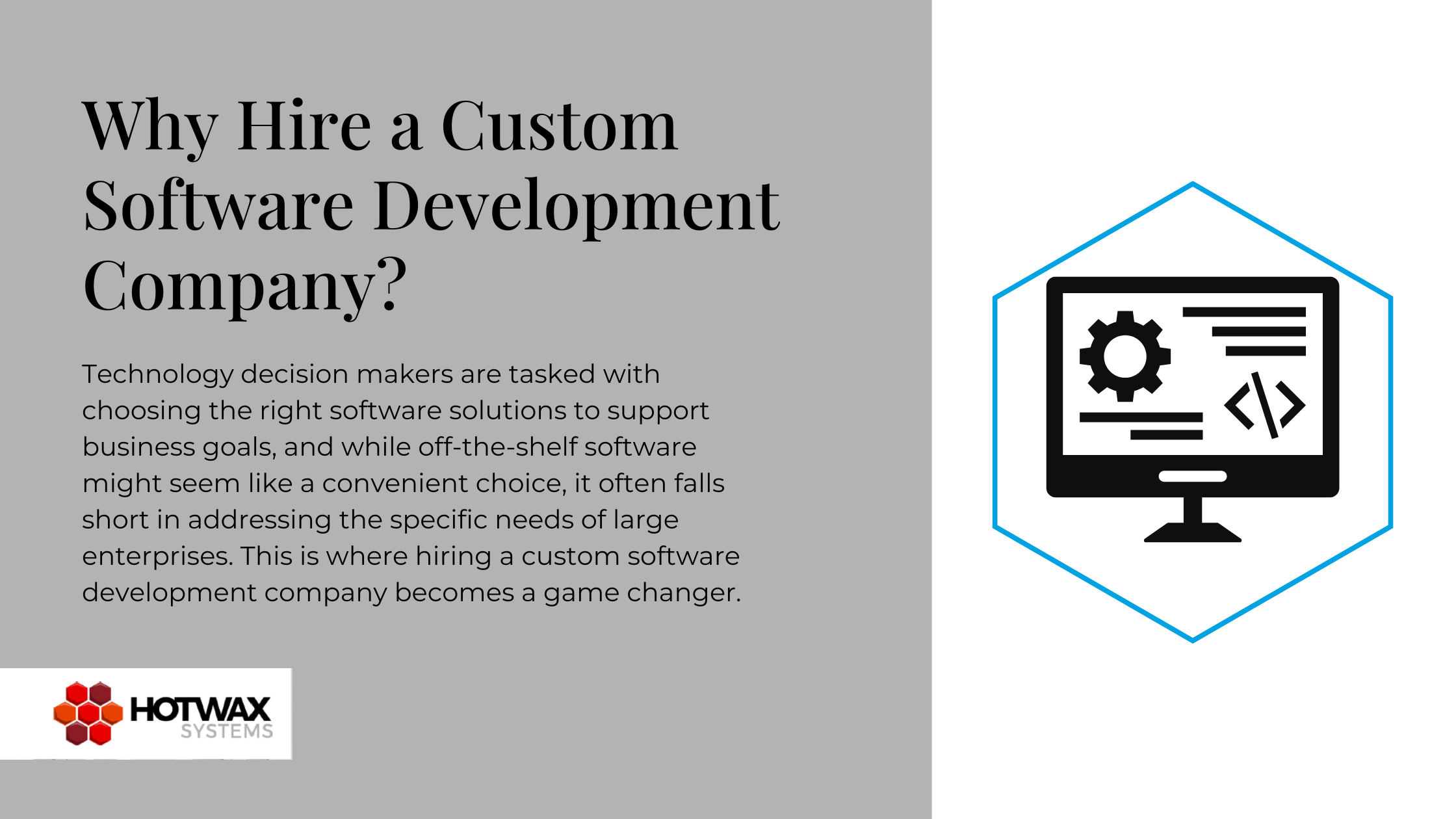In the realm of open source business software development, there’s an abundance of programming languages, frameworks, and tools to choose from, each promising to streamline development and improve software performance. While there’s certainly value in being a specialist, we’ve found that when it comes to building custom technology solutions, business objectives need to drive the boat, not tech choices.
This means the development team needs to be well versed in a variety of languages, tools, and frameworks. And they also need to know when each would best be applied. This is exactly what we do here at HotWax Systems: we apply our deep knowledge of open source business software to solve complex business problems through innovative technological solutions.
Sometimes that looks like a complete system overhaul, with a custom ERP system getting built from the ground up. Other times, it looks like integrating a new solution with an already existing system. In every instance, it always looks like allowing business needs to drive technology choices. Here’s why:
1. Flexible tool selection
A technology agnostic approach means developers don’t have to be committed to a single programming language, framework, or platform. Instead, they have the freedom to use the best tools for the job based on the specific requirements of each project. This flexibility can lead to more efficient development processes and better end products, as teams can tailor their technology stack to the unique challenges of each project.
2. Future proof solutions
By adopting a technology agnostic approach, businesses can ensure their software solutions remain relevant and adaptable to future changes. This approach allows developers to switch technologies as needed without being constrained by previous choices, making it easier to integrate emerging tools and methodologies as they become available.
3. Avoids the pitfalls of hype
The tech world is often driven by trends and hype cycles. While it's important to stay informed about the latest developments, it’s equally crucial not to become overly invested in a particular technology simply because it’s trending. A technology agnostic approach encourages developers to evaluate tools based on their merits and suitability for the task at hand, rather than being swayed by the latest industry buzz. This leads to more thoughtful, strategic decision-making in software development.
4. Improved collaboration
A technology-agnostic approach facilitates better collaboration by allowing developers to work with the tools and languages they are most comfortable with, rather than forcing everyone to conform to a single standard. This can lead to more productive teams and higher quality software.
5. Optimized performance and scalability
Different technologies have different strengths. Some are better suited for high performance applications, while others excel in scalability or ease of use. By being technology agnostic, businesses can select the optimal tools for each aspect of a project, leading to software that is not only more performant but also more scalable. This approach enables developers to create solutions that can grow and evolve alongside the business.
6. Risk mitigation
Locking into a single technology or vendor can be risky. If the chosen technology becomes obsolete, or if the vendor changes their pricing model or discontinues support, businesses can find themselves in a difficult position. A technology agnostic, open source approach mitigates this risk by spreading dependencies across multiple technologies. This not only reduces the impact of any single technology becoming outdated but also provides more options for problem solving if issues arise.
7. Enhanced innovation
When developers are not bound by a specific technology stack, they are free to experiment and innovate. This can lead to the discovery of new, more efficient ways to solve problems and create software. A technology agnostic approach fosters a culture of continuous learning and experimentation, where developers are encouraged to explore new technologies and approaches without fear of being restricted by previous choices.
Conclusion
In a world where technology is constantly evolving, a technology agnostic approach to business software development offers the flexibility, resilience, and innovation needed to stay ahead. By focusing on the business problem at hand rather than the tools used to solve it, businesses can ensure they are building software solutions that are not only effective today but also adaptable to the challenges of tomorrow. Embracing technology agnosticism in software development is not just a strategic choice—it’s a competitive advantage.
Take a look at our software delivery process here.







